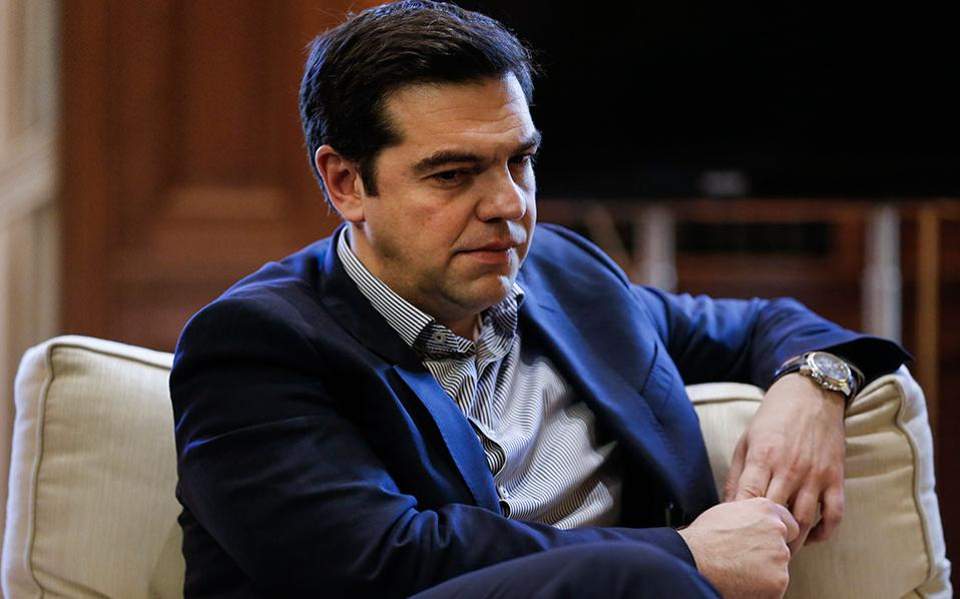Product with an expiry date

We are experiencing the opposite of 2015. Back then Alexis Tsipras, the leftist prime minister, enjoyed a great deal of support at home, but the same could hardly be said about his popularity outside Greece. It’s the opposite today.
German Chancellor Angela Merkel made no secret of this during her two-day visit to Athens, in public as well as behind closed doors.
Merkel views Tsipras as a very adept politician always capable of pulling off a political stunt to turn the tables, as he did after the 2015 bailout referendum.
The two leaders have developed a relationship of trust that is bolstered by the relief prompted by the sense that the Greek headache is finally off the European radar.
Meanwhile in the United States, the handful of people who make decisions on Greek matters proclaim their backing of Tsipras.
It is important for them that whereas past Greek administrations hesitated even to approve the maintenance of a fuel transfer line at Souda, it was a leftist premier that green-lighted the deployment of US military assets across Greece.
The stance of Berlin and Washington has no doubt also been influenced by the name-change deal with the Former Yugoslav Republic of Macedonia.
Both see it as a brave move serving Western interests and one taken despite the hefty political cost. Overall, Tsipras has managed to settle thorny issues such as pension cuts without sparking too much social turmoil.
How much does all that matter on a political level? Not much really. Some imagine some official pressing a button in the American Embassy to affect the outcome of Greek elections or handing the prime minister some magic tip that has the power to turn things around. They believe more or less the same about Berlin.
But times have changed. Outside support rarely has a meaningful effect at home. The people who voted for SYRIZA in 2015 are not too keen on seeing Tsipras embracing Merkel or the Americans.
As for centrist voters, they can see that Tsipras’s international image is totally out of sync with his domestic policies.
Political support and personal ties in international relations come with an expiry date. They go off when the product has outlived its usefulness.
This means simply that the great powers of today will follow the example of Greece’s oldest political, as it were, institution, meaning the Church.
I recently asked someone who knows Archbishop Ieronymos if there is any chance of him growing fond of Kyriakos Mitsotakis, the main opposition leader, with whom he seems to have a difficult relationship. “That’s pretty unlikely,” he said. After a brief pause, he added: “You know when he will warm to him? Once Mitsotakis becomes prime minister.”





